Briefcase: Business Snippets from around South Australia
In this week’s briefcase, an Adelaide research centre aims to create autonomous spacecraft, a report reveals that Australia’s climate technology industry needs $1.5 billion in investments and a local businesswoman is named a finalist for two national awards. Plus upcoming business events in South Australia.

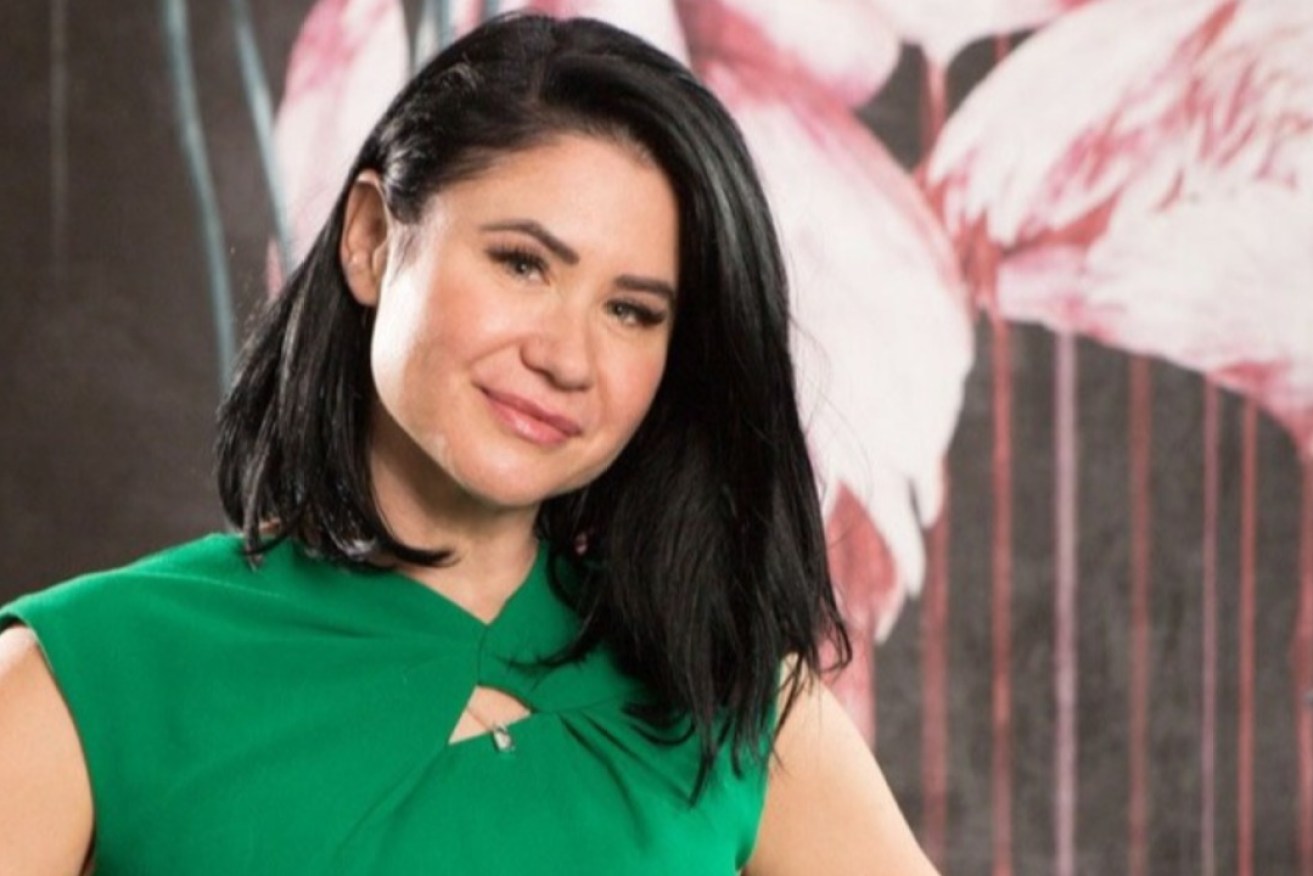
Lisa Schmelzkopf of SC Organics. Photo: SC Organics.
- Adelaide businesswoman named finalist for national awards
- Record South Australian exports to China
- Adelaide research centre aims to create autonomous spacecraft
- Australia’s climate technology industry needs $1.5 billion to grow
- Standardising cyber security training
- Resolve Divorce launches program to support women in business
- Coles uses South Australian technology to reduce emissions
Adelaide businesswoman named finalist for national awards
Lisa Schmelzkopf has been named a finalist for the Beauty Business of the Year Award and the Sustainable Product of the Year Award in the AusMumpreneur Awards for her company SC Organics.
Presented by The Women’s Business School, the awards recognise Australian mothers who have achieved success in business while balancing family life.
Schmelzkopf has more than 25 years of experience working with salon and clinic owners, plastic surgeons and skin therapists and has been creating skincare products since she was 12 years old.
She formed and sold Centella Wellness Clinic whilst being a mum of two and has since created SC Organics – a line of Certified Organic skin care products used to help treat skin disorders.
Schmelzkopf said she loves owning her own business as it provides flexibility to balance work and family so she can spend quality time with her daughters.
“I love that my daughters can be involved with my business, having the chance to educate them on responsibility through unpacking stock, making samples, or filming promotional videos for me,” she said.
“My passion is becoming their passion, and that makes me so proud to see within a family business”.
– Elisabeth Marie
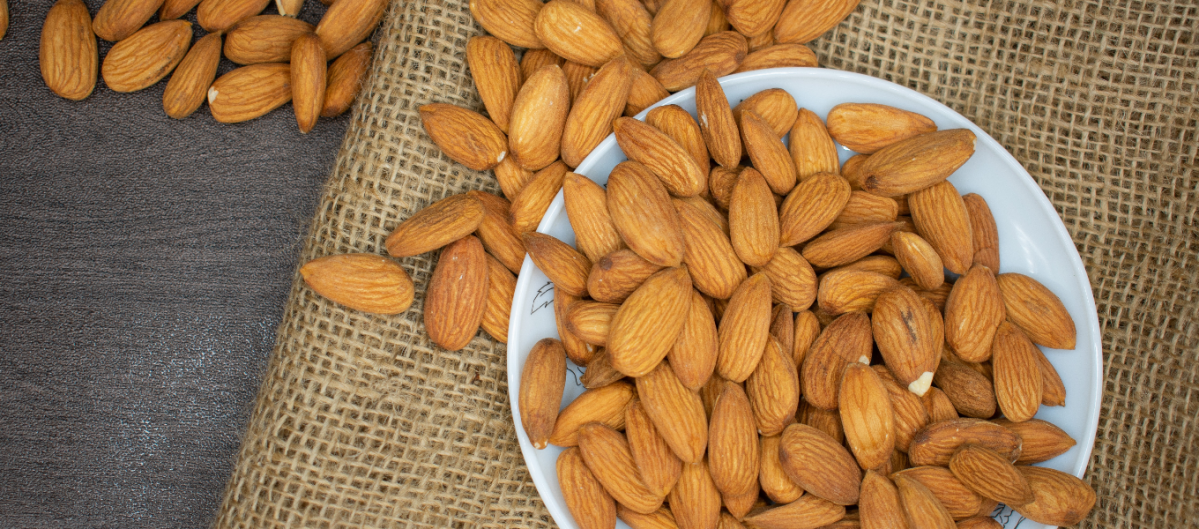
Exports to China included iron ore concretes, refined copper, wheat, petrol products and almonds. Photo: Pexels.
Record South Australian exports to China
South Australian export levels have reached record levels with increased demand from China.
The state’s exports were worth $17.8 billion in the 12 months to the end of May with sales to China jumping by 48 per cent to $2.8 billion.
The main exports to China included iron ore concretes, refined copper, wheat, petroleum products and almonds.
Trade Minister Nick Champion said as relations with China continue to improve, so do the state’s trade opportunities.
“Our state has three trade and investment offices in Shanghai, Jinan and Guangzhou that support South Australian exporters, Chinese buyers and investors and we will continue to explore ways of strengthening ties with our biggest export partner,” he said.
The figures come ahead of Premier Peter Malinauskas leading a trade delegation to China this September where he will push for the easing of barriers affecting wine and rock lobster sales.
The trip will be the first by a South Australian premier since 2019 and will include representatives from the education, agriculture, tourism, trade and related sectors.
– Elisabeth Marie
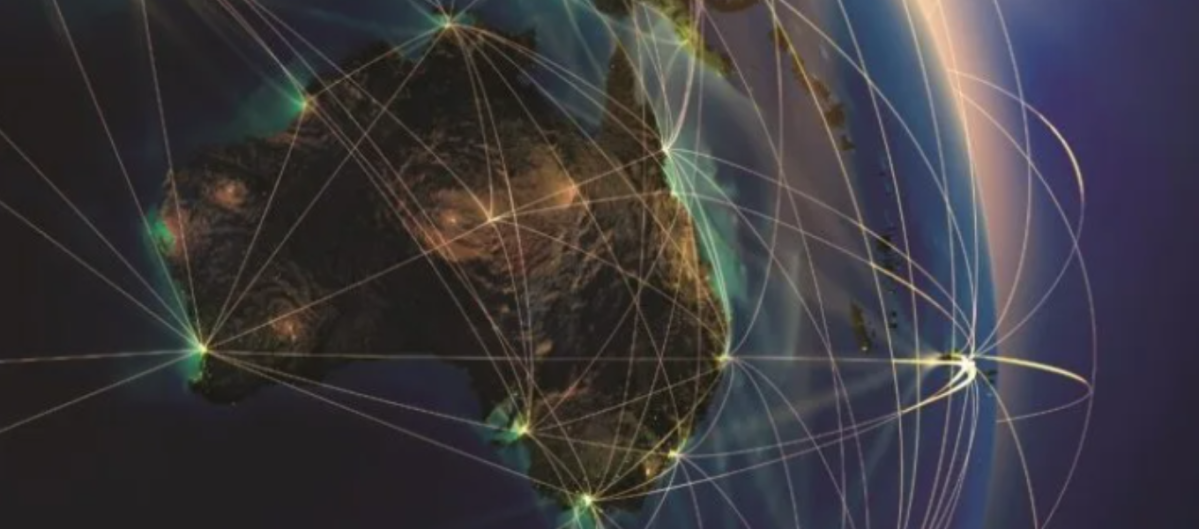
SmartSat Cooperative Research Centre (CRC) has partnered with industry giants to develop self-directed spacecraft using artificial intelligence. Photo: supplied.
Adelaide research centre aims to create autonomous spacecraft
SmartSat Cooperative Research Centre has partnered with industry giants to develop self-directed spacecraft using artificial intelligence.
The $7 million project will see Lot Fourteen-headquartered SmartSat team up with the likes of Airbus, Saab, the University of South Australia and more to create a set of algorithms that will power spacecraft and satellites.
For SmartSat, the latest project sits neatly alongside the research centre’s approximately 80 projects to do with space and satellites, with CEO Professor Andy Koronios noting that it would take about three years to develop the first iteration of the algorithm called SCARLET-α.
“It’s a program around making satellites far more autonomous, operating with a certain degree of autonomy, and eventually be autonomous so that we can have artificial intelligence on the satellite itself, rather than having to always control them from the ground” Koronios told InDaily.
“Up until now, satellites haven’t had a lot of capability to do things autonomously – even around optimising their own resources in terms of temperature control and so on. That is something that’s progressing.
“We want to take it to the next level by actually putting intelligence on the satellite payload.”
The CEO described the SCARLET-α project as a “program of work”, and noted that the algorithms will be iterated on and improved over time.
“We will be making more investments in SCARLET,” he said.
“It’s part of an autonomy program of research that will not only have applications in civil space, but also for defence.”
SmartSat chair of artificial intelligence Professor Ryszard Kowalczyk said spacecraft autonomy would be a key feature of the next generation space systems.
“Spacecraft that can operate independently of ground contact will be able to respond to unexpected events in real-time without needing to wait for commands from Earth,” Kowalczyk said.
“This autonomy will improve Australia’s remote sensing capabilities and other vital services undertaken in space, allowing us to push the boundaries even further in orbit.
“It will help increase the responsiveness and continuity of space-based observations, minimise communication and data access delays, and reduce the costs for both space and ground operations.”
– David Simmons
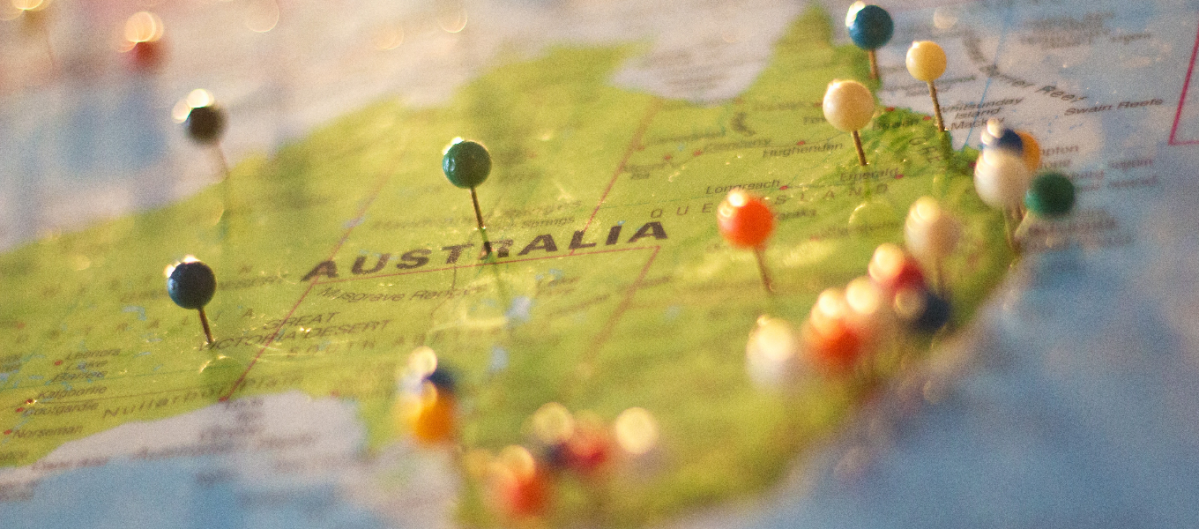
A recent report says industry requires $1.5 billion in investments within the next 12 months to build Australia’s net-zero economy. Photo: Pexels.
Australia’s climate technology industry needs $1.5 billion to grow
The 2023 Australian Climate Tech Industry Report released by Climate Salad – a climate technology network supported by Qantas, KPMG, AWS and W23 – has found the industry requires $1.5 billion in investments within the next 12 months to build Australia’s net-zero economy.
The $4 billion industry is rapidly growing and vital to meeting the 2030 renewables and CO2 emissions reduction targets, but more investments are required to continue expanding the sector.
The report has found that on average, climate tech companies grew their revenues by 88 per cent over the last 12 months; 97 per cent of founders are currently hiring with more then 3000 new jobs created in Australia and 2,400 more coming soon; and 47 per cent of Australian climate technology companies already have overseas customers with 72 per cent intending to expand to the international market this year.
Climate Salad’s CEO Mick Liubinskas said that while $1.5 billion sounds like a lot of capital investment into one sector, the serious issues faced require serious investments.
“There is no sugar-coating the situation; our planet is heading towards an epic disaster, however, we don’t need to get stuck in anxiety and apathy,” he said.
“There is hope, and more importantly, action as Australian climate tech founders are strong, smart, collaborative and ambitious.
“I am incredibly optimistic about the future of the Australian climate tech sector and our ability to impact meaningful change. However, we need more industry collaboration, more government support, and more investment dollars to make it happen.”
– Elisabeth Marie

South Australian Business Index, Friday, 20 October at the Adelaide Convention Centre, Tickets on sale now.
JOBS 2.0: A snapshot of the talent drought and how we solve it, presented by AmCham at SkyCity Adelaide on Thursday 27 July from 11;45am-2pm. Members $179, non-members $229
Operation Flinders City to Summit walk for charity, Friday 29 September. Register here.
Artificial Intelligence – The Perils and Promises, and AmCham breakfast on Thursday 24 August 2023 from 7:30-9:30am at the Adelaide Convention Centre. Members $119, non-members $169
EuroMix 2023 hosted by the French Australian Chamber of Commerce at the National Wine Centre on 30 August from 5.30pm. $40 for international chamber members, $60 for non-members
“The Dirt on Carbon Farming: Insights from Industry Leaders” at the SA Agribusiness Annual Lunch on 1 September at the National Wine Centre. Members $145, Non-members $195, Students $75
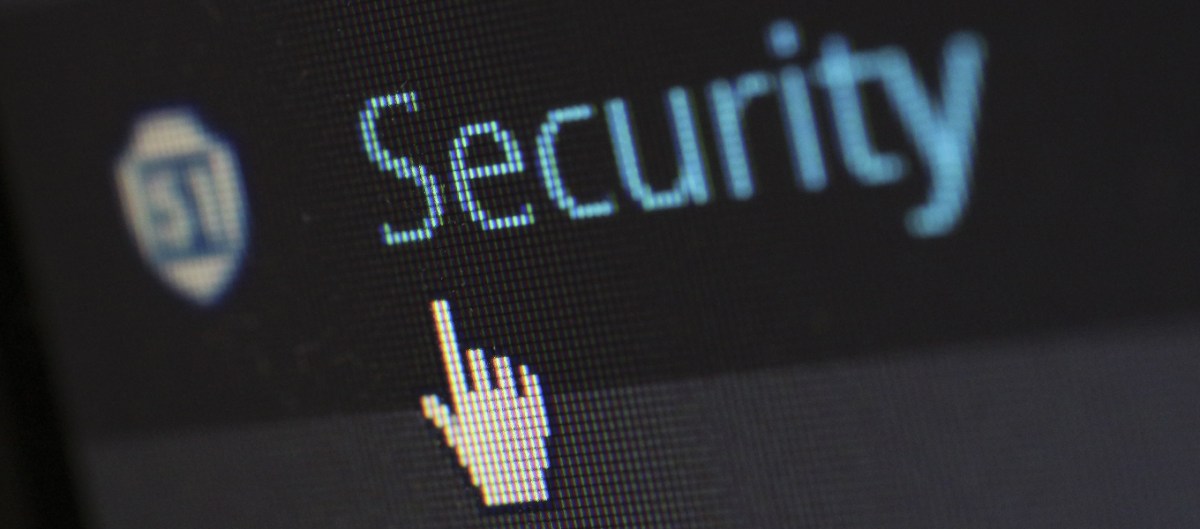
OpSys has launched its free Cyber Security Whitecard Program. Photo: Pexels.
Standardising cyber security training
Local IT company OpSys has launched its free Cyber Security Whitecard Program to help train the SME community and 10,000 of their staff members.
OpSys managing director Matthew Fabri said the program will give organisations real and quantitative ways to increase their cyber posture using tools they may already have or show them how they can be more cyber secure.
“OpSys and Proofpoint have been working collectively on establishing a framework of standardised training to upshift the business community for quite some time,” Fabri said.
The InDaily 40 Under 40 alumnus said the program is a way for the company to give back to South Australia.
“We are offering up to 10,000 staff training licences to ensure every business can get some form of cyber awareness into their organisation,” he said.
“Backed up by our ASD Essential 8 Audit, one-on-ones with our consultants and collective monthly meetups at our office or online to help monitor progress, we believe that we can actually provide tangible assistance to SA businesses.
“We have run some trials with schools and with members of the Law Society of South Australia and the feedback has been fantastic.”
Andrew Kay, CEO of Business SA, said the Chamber of Commerce and Industry supports the work OpSys is doing with the Whitecard program to raise cyber awareness for businesses.
“Cyber security poses an ongoing threat and businesses of all sizes need to undertake steps to increase their level of preparation to protect themselves,” Kay said.
Business SA will hold a joint cyber event with OpSys on Wednesday, 2 August 2023 to run through the program.
– Jim Plouffe

Resolve Divorce has established an initiative to support women in business. Photo: Christina Morillo.
Resolve Divorce launches program to support women in business
Family law firm Resolve Divorce has established a networking and learning initiative designed to support women in business in their journey towards success.
Called Rise with Resolve, the program aims to connect ambitious women from all industries to expand their professional reach and cultivate bonds with their peers.
“By uniting women, this initiative enables them to form their own inner circles of support, embrace vulnerability, and flourish in their unique spaces, ultimately rising together,” Resolve Divorce founding partner Rose Cocchiaro said.
“As a small business owner, who is committed to sparking change within a traditional and in our view broken industry, we are not scared to innovate.
“Rise with Resolve is a platform for ambitious and industrious women in Adelaide to shine and joins our overarching ethos of always striving to ‘do better’.”
Rise with Resolve’s next event is planned for Thursday, September 14 2023. Find out more information on LinkedIn.
– David Simmons
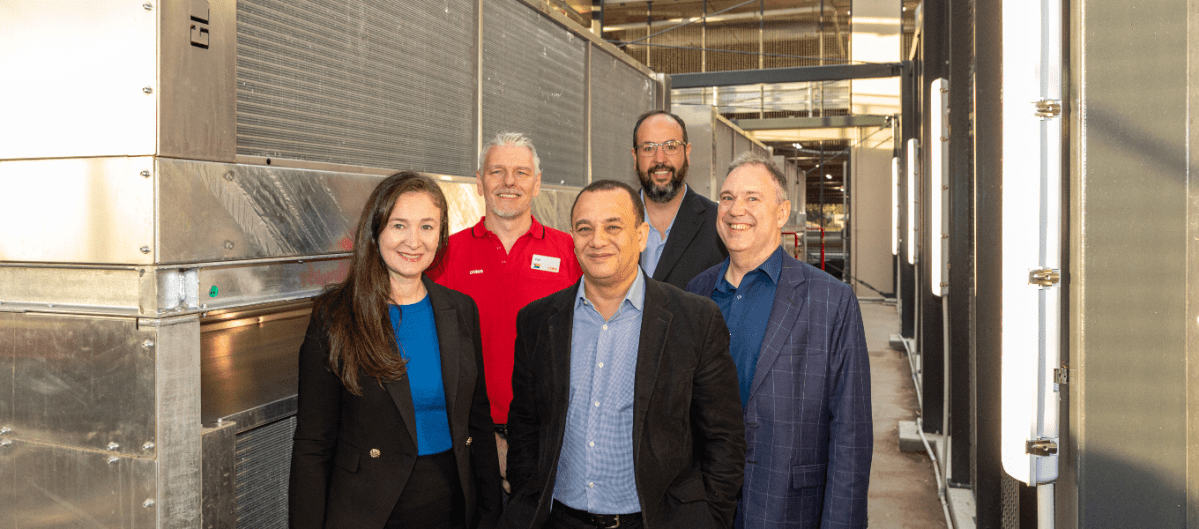
Glaciem Cooling Technologies deployed their cooling technology at Coles Norwood. Photo: supplied.
Coles uses South Australian technology to reduce emissions
Adelaide-based company Glaciem Cooling Technologies is helping Coles reduce their CO2 emissions with energy-efficient refrigeration technology.
The technology is the result of seven years of development in a partnership between Glaciem and the University of South Australia, the RACE for 2030 Cooperative Research Centre and Coles.
Glaciem CEO Andrew Weller said they are proud to partner with Coles in the first commercial deployment of the energy refrigeration solution in a largescale supermarket.
“Glaciem’s internationally patented DP-CO2 technology has been shown to shave peak electricity demand by 24 per cent and reduce average annual energy consumption by 16 per cent, relative to conventional CO2 refrigeration systems,” Weller said.
“The Coles Norwood Project highlights the commercial readiness and suitability for mission-critical refrigeration of Glaciem’s product. It will provide an excellent case study for the performance of the system under real-world conditions.”
– Elisabeth Marie




